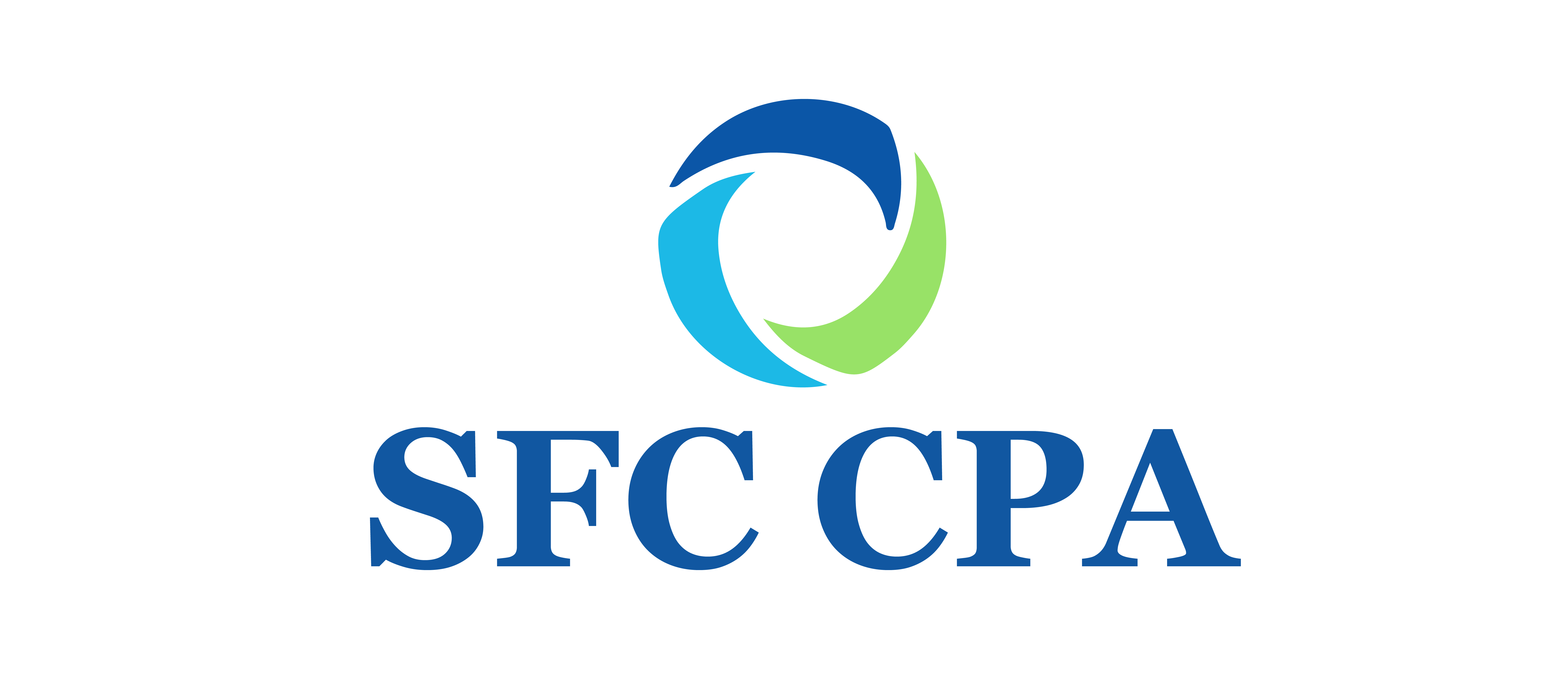The Tax Cuts and Jobs Act (TCJA), signed into law in 2017 and effective from 2018, brought significant changes to tax laws for both individuals and businesses. However, many of its key provisions are set to expire after 2025, unless new legislation is enacted. For construction business owners, now is the time to understand these impending changes and plan accordingly.
Key Provisions at Risk
Without significant tax legislation by late 2025, many TCJA provisions will revert to pre-TCJA levels. Key individual provisions expiring on December 31, 2025, include:
- Top Individual Income Tax Rate: Reverting to 39.6% from the current 37%.
- Standard Deductions: Returning to lower pre-TCJA levels after being nearly doubled.
- Gift and Estate Tax Exemptions: Dropping to $5 million (indexed for inflation) from the current $13.61 million.
- Alternative Minimum Tax (AMT): Exemption amounts and phaseout thresholds will revert, increasing the AMT burden.
For construction businesses, significant provisions include:
- Section 199A Deduction: This allows owners of sole proprietorships and eligible pass-through entities to deduct up to 20% of qualified business income (QBI). This deduction, crucial for many construction businesses, will expire after 2025 unless extended by Congress.
- Employer Credit for Paid Family and Medical Leave: This credit, available to employers who pay wages during qualified family and medical leave, will also expire after 2025 without congressional action.
- Accelerated Depreciation: The bonus depreciation, which allowed 100% immediate deduction of qualifying asset purchases, is being phased out. It drops to 40% in 2025 and 20% in 2026, vanishing entirely in 2027.
However, the TCJA increased the Section 179 deduction to allow for first-year deductions of up to $1.22 million for eligible asset purchases in 2024. Unlike bonus depreciation, this higher limit will not expire and will continue to be indexed for inflation.
Matters to Consider
Given the scheduled changes, construction business owners should consider several strategies:
- Accelerating Income: With the potential rise in individual tax rates and lower standard deductions post-2025, accelerating income to benefit from current lower rates and higher deductions could be advantageous.
- Tax Accounting Methods: Evaluate and possibly align your tax accounting methods with contract revenue to optimize tax payments. The accrual method, for instance, allows recognizing revenue upon billing, irrespective of payment status.
- Asset Purchases: Plan big-ticket asset purchases while bonus depreciation is still available. Combining bonus depreciation with Section 179 deductions can maximize tax benefits.
Moves to Make
The expiry of many TCJA provisions is imminent. Construction businesses should not delay in reconfiguring their tax strategies. Proactively reviewing your situation and making informed decisions can mitigate the impact of these changes.
Our firm is ready to help you navigate these complexities and identify the best moves for your business. Contact us to ensure you’re prepared for the upcoming tax law changes.
© 2024

